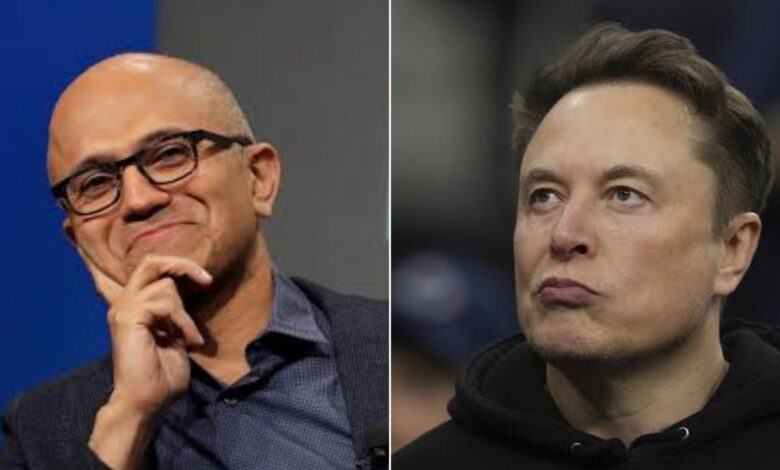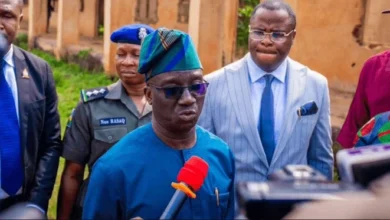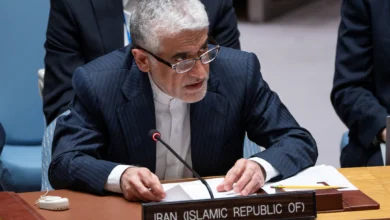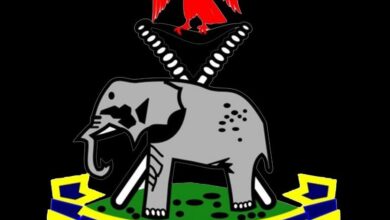Elon Musk Says ‘OpenAI Will Eat Microsoft Alive’ as GPT-5 Launches

- Musk predicts OpenAI dominance over Microsoft following GPT-5 integration across Copilot and Azure platforms.
Elon Musk declared “OpenAI is going to eat Microsoft alive” on August 7, 2025, responding to Microsoft’s announcement of GPT-5 integration across its platform ecosystem.
The stark warning came hours after Microsoft CEO Satya Nadella revealed the deployment of OpenAI’s most advanced AI model across Microsoft 365 Copilot, GitHub Copilot, and Azure AI Foundry services.
Musk’s comment, posted at 7:34 PM on social media platform X, generated immediate attention with 834.3K views and sparked debate about the sustainability of the Microsoft-OpenAI partnership. The timing proved significant, arriving on the same day Microsoft positioned GPT-5 as the foundation for its AI strategy moving forward.
According to Nadella’s announcement, “Today, GPT-5 launches across our platforms, including Microsoft 365 Copilot, Copilot, GitHub Copilot, and Azure AI Foundry. It’s the most capable model yet from our partners at OpenAI, bringing powerful new advances in reasoning, coding, and chat, all trained on Azure.”
The exchange between two prominent technology leaders highlighted underlying tensions in AI partnerships. Musk’s prediction suggests potential competitive threats as AI capabilities advance beyond current collaborative frameworks. Industry observers noted the unusual directness of Musk’s commentary regarding a major technology partnership.
Nadella responded with measured optimism approximately 11 hours later, stating “People have been trying for 50 years and that’s the fun of it! Each day you learn something new, and innovate, partner, and compete. Excited for Grok 4 on Azure and looking forward to Grok 5!” The response acknowledged competitive dynamics while maintaining diplomatic positioning.
Microsoft’s relationship with OpenAI began with a $1 billion investment in 2019, establishing Microsoft as OpenAI’s preferred partner. The arrangement grants Microsoft exclusive commercial API access while providing OpenAI with Azure computational infrastructure. However, Musk’s warning suggests this partnership structure may face challenges as OpenAI’s capabilities expand.
Technical deployment across Microsoft ecosystem
GPT-5 integration encompasses Microsoft’s core business platforms. GitHub Copilot receives enhanced coding capabilities across all paid plans, enabling developers to access improved functionality through github.com, Visual Studio Code, and GitHub Mobile interfaces. Microsoft documentation states developers can “write, test and deploy code using OpenAI’s best model yet for coding and agentic tasks.”
Azure AI Foundry implements a model router system designed to optimize GPT-5 utilization automatically. According to Microsoft, the router “evaluates each prompt and decides the optimal model based on the complexity, performance needs and cost efficiency of each task.” This infrastructure allows enterprises to leverage GPT-5 capabilities without manual model selection.
Microsoft 365 Copilot gains enhanced reasoning capabilities through GPT-5 integration. The platform now processes complex questions, maintains extended conversation context, and analyzes enterprise documents with improved accuracy. Enterprise customers can apply these capabilities to email processing, document analysis, and workflow automation.
Consumer access occurs through Microsoft Copilot’s new “Smart mode,” offering GPT-5 capabilities at no cost via copilot.microsoft.com and dedicated applications across Windows, Mac, Android, and iOS platforms.
Competitive positioning concerns
Musk’s warning reflects broader industry concerns about AI partnership sustainability. As OpenAI’s capabilities advance, questions emerge about maintaining collaborative relationships with platform providers. The comment suggests potential scenarios where AI model developers could challenge traditional technology company boundaries.
Several technology industry observers interpreted Musk’s statement as highlighting OpenAI’s growing independence from Microsoft’s infrastructure. The prediction raises questions about whether AI companies will eventually compete directly with their current platform partners rather than maintaining collaborative arrangements.
Microsoft’s strategy of deep GPT-5 integration across its ecosystem appears designed to strengthen partnership bonds. However, Musk’s perspective suggests this approach might create dependency vulnerabilities rather than mutual benefits.





